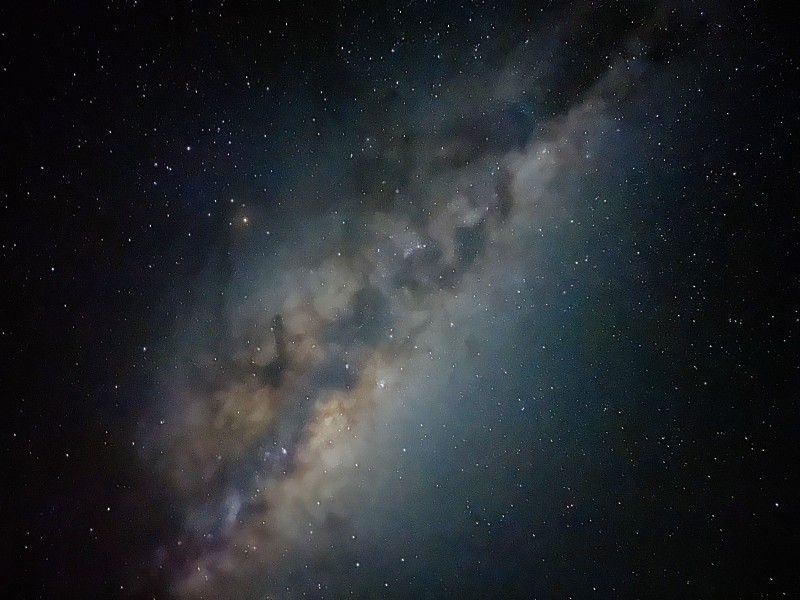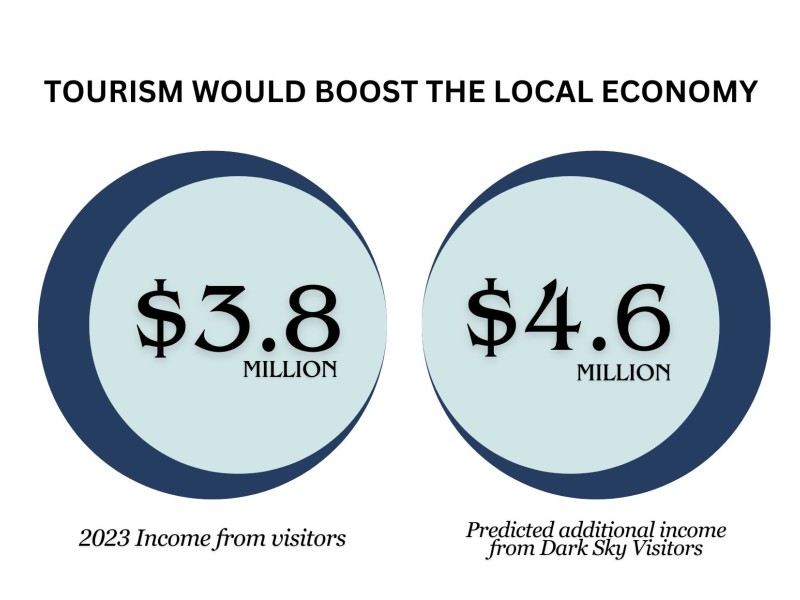The Society arranged for an independent study on the employment and economic benefits of a Dark Sky zone in the area and found it to be a profitable venture. The findings indicate that Dark Sky tourism could generate $4.6 million of spending across Waimakariri, predicting over 50,000 extra annual visitors.
Tourism and Hospitality Minister, Matt Doocey, also serves as the Waimakariri MP. He says he is proud of the work the Dark Sky Society has accomplished but believes the Waimakariri night sky is taken for granted.
“Visitors I have met from places like the UK are amazed by our night skies and it’s something we should be harnessing more as a drawcard for tourists,” said Matt.
He acknowledges this will put Waimakariri on the map for international and domestic tourism. The Oxford Community Board is also excited, with Chairman Thomas Robson applauding the accreditation.
“The Committee [society] has worked hard to gain this accreditation and it will benefit Oxford enormously in terms of future conservation efforts and tourism.”
The Dark Sky Society has now begun working towards a larger initiative- a dark sky trail. This would include multiple dark sky locations across the South Island that visitors can drive between. The report found that this could generate $45 million across the South Island, while noting that most visitors would only travel to one or two sites.



